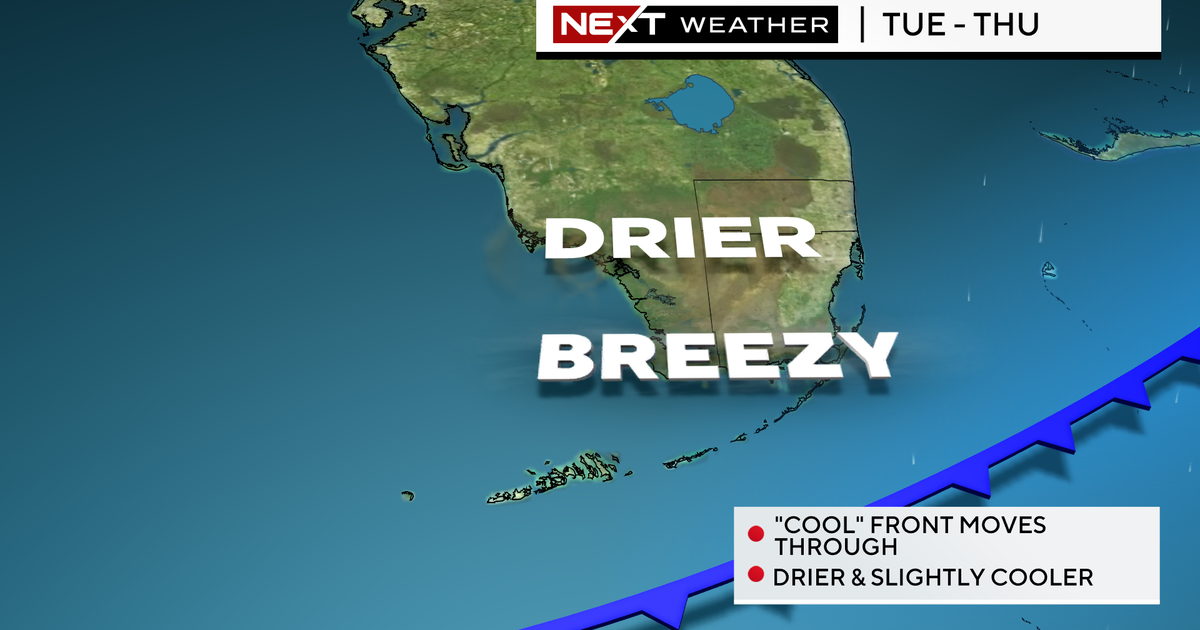Flu vaccine might be less effective this year, new CDC report suggests
The effectiveness of this year's influenza vaccine was lower in South America than last season, the Centers for Disease Control and Prevention reported Thursday, which might be a clue to how much protection the shots could offer people in the U.S. this winter.
Vaccine effectiveness was 34.5% against hospitalization, according to interim estimates from a new article published by the CDC's Morbidity and Mortality Weekly Report, among high-risk groups like young children, people with preexisting conditions and older adults. That means, vaccinated people in those groups were 34.5% less likely than unvaccinated people to get sick enough to go to the hospital.
Last year, the CDC's report had estimated vaccine effectiveness in South America was 51.9% against hospitalization among at-risk groups. A study by the same group looking at data from 2013 to 2017 estimated effectiveness was around 43% for fully vaccinated young children and 41% for older adults.
These data come from a research network coordinated by the Pan American Health Organization, including Argentina, Brazil, Chile, Paraguay and Uruguay.
The biggest drop in effectiveness this year may be the result of fewer cases from "A(H1N1)pdm09," a strain that has spread since the H1N1 swine flu pandemic in 2009.
In the past, flu vaccines have usually performed better against H1N1 than H3N2.
While H1N1 dominated nearly all infections last year in South America, this year the World Health Organization says there were more detections of the H3N2 subtype of flu.
If the Northern Hemisphere sees similar patterns of flu virus strains, the study's authors wrote that "health authorities might anticipate similar levels of protection."
A CDC spokesperson said that the effectiveness of the vaccine for H1N1 was "within the range" of previous seasons.
"Overall, flu vaccination reduced the risk of hospitalization by about one-third, which would have a significant impact on disease burden. Receiving a flu vaccine can offer significant protection against severe outcomes," David Daigle, the CDC spokesperson, said in an email.
U.S. officials often look to Southern Hemisphere countries for a preview of how this year's flu season might fare, since their winter happens during the Northern Hemisphere's summer.
The CDC said in August that the Southern Hemisphere's flu season this year had been "similar to previous flu seasons," but also flagged unusually high severe flu hospitalizations reported from Chile, Ecuador and Uruguay.



